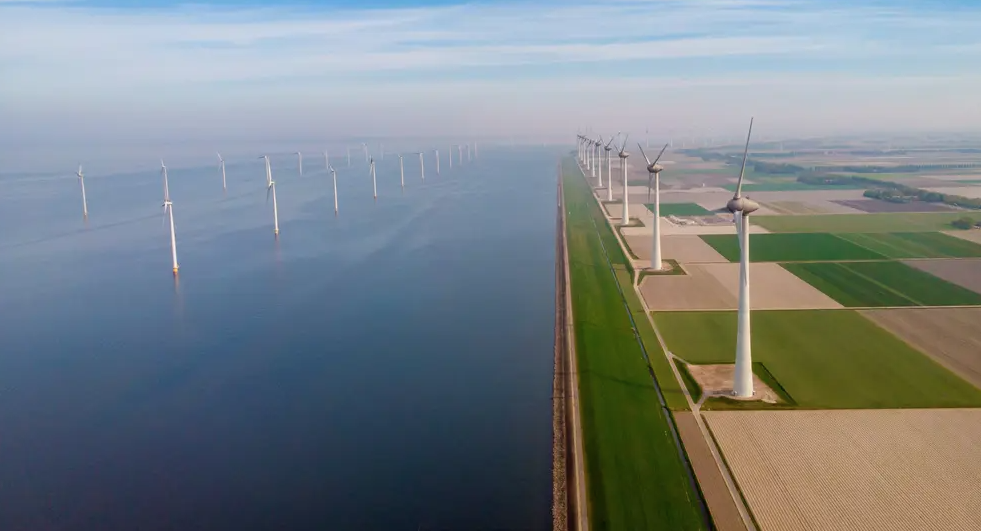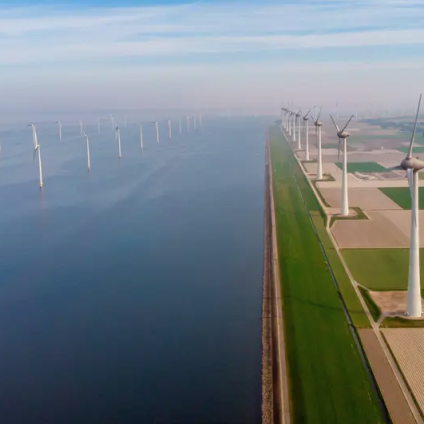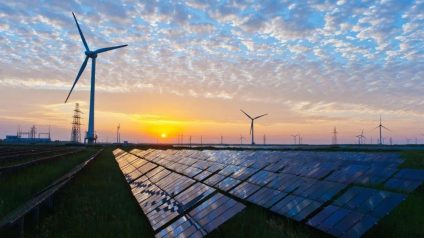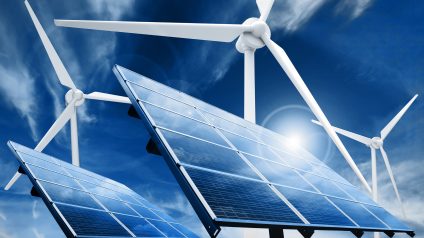According to the estimates of the International Energy Agency, the annual addition of renewable electricity capacity should exceed 440 GW by the end of 2023, bringing the cumulative total worldwide to 4,500 GW
Photovoltaics will represent 2/3 of the growth of renewable energy 2023
(sustainabilityenvironment.com) – This year, the world will add a record amount of renewable energy to electrical systems. More than the total energy capacity of Germany and Spain put together”. With these words Fatih Birol, executive director of the International Energy Agency (IEA), presented this morning the new report on the renewable energy market 2023.
The document updates in June of this year the evaluations submitted in December 2022. And it gives a very positive picture for the sector. The IEA foresees a new impetus for green energy, supported politically and by concerns for energy security. On balance, the arguments in favour of renewables far outweigh the current challenges, including higher investment costs and supply chain nodes. The IEA estimates imagine a worldwide addition of more than 440 GW electric, for a cumulative total of 4,500 GW, which corresponds to the electrical power of China and the United States put together. And in 2024 the GW added next year could be even 550 (accelerated scenario).
New record for wind, but photovoltaics dominates
In this context, the new photovoltaic systems that alone cover two thirds of the increase estimated for this year. And that should act as a powerful lever also in 2024. Behind the success, the drop in prices of photovoltaic modules, a greater spread of distributed systems and the renewed political push that are benefiting all major markets, including China, the European Union, the United States and India. Less bright wind on land. Despite the crucial contribution to renewable energy 2023 (onshore additions are expected to increase by 70% this year to a record 107 GW) the sector will pull the brakes the following year. The big problem here is Europe, with sub-standard auctions and constant authorised delays. An inertia that, if not resolved, risks to nullify the planned increases in the rest of the world.
Renewable electricity 2023, what happens in Europe?
Overall, the Old Continent is also relying more on green energy as a means of energy security. The expected growth of renewable energy 2023 in terms of clean electricity, bioenergy boilers, Heat pumps, solar thermal and geothermal technologies could replace nearly 8 billion cubic meters of annual gas consumption related to EU buildings in 2023 and over 17 billion cubic meters in 2024. This would make a significant contribution to meeting the growing demand for fossil fuel if colder winters and warmer summers occurred during 2023-2024.
Read also Renewable energy investments: records are not enough, fairness is needed
The IEA also estimates that European consumers will save about 100 billion euros in the period 2021-2023 thanks to the photovoltaic and wind capacity of new installation. Without the increases in renewable capacity in recent years, the average wholesale price of electricity in the EU in 2022 would have been 8% higher, damaging households, businesses and public budgets.
Read here the report on renewable energy 2023













